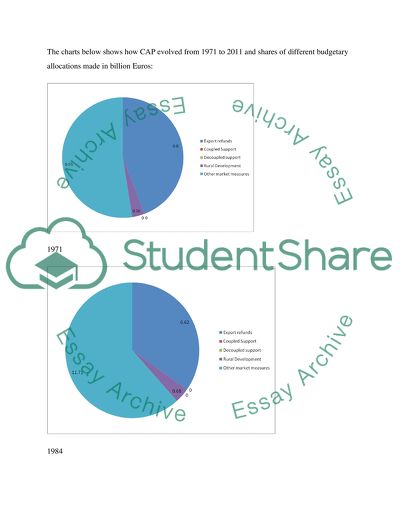Cite this document
(“EU Economy: Issues and Policies Essay Example | Topics and Well Written Essays - 2750 words”, n.d.)
EU Economy: Issues and Policies Essay Example | Topics and Well Written Essays - 2750 words. Retrieved from https://studentshare.org/marketing/1476884-eu-economy-issues-and-policies
EU Economy: Issues and Policies Essay Example | Topics and Well Written Essays - 2750 words. Retrieved from https://studentshare.org/marketing/1476884-eu-economy-issues-and-policies
(EU Economy: Issues and Policies Essay Example | Topics and Well Written Essays - 2750 Words)
EU Economy: Issues and Policies Essay Example | Topics and Well Written Essays - 2750 Words. https://studentshare.org/marketing/1476884-eu-economy-issues-and-policies.
EU Economy: Issues and Policies Essay Example | Topics and Well Written Essays - 2750 Words. https://studentshare.org/marketing/1476884-eu-economy-issues-and-policies.
“EU Economy: Issues and Policies Essay Example | Topics and Well Written Essays - 2750 Words”, n.d. https://studentshare.org/marketing/1476884-eu-economy-issues-and-policies.


